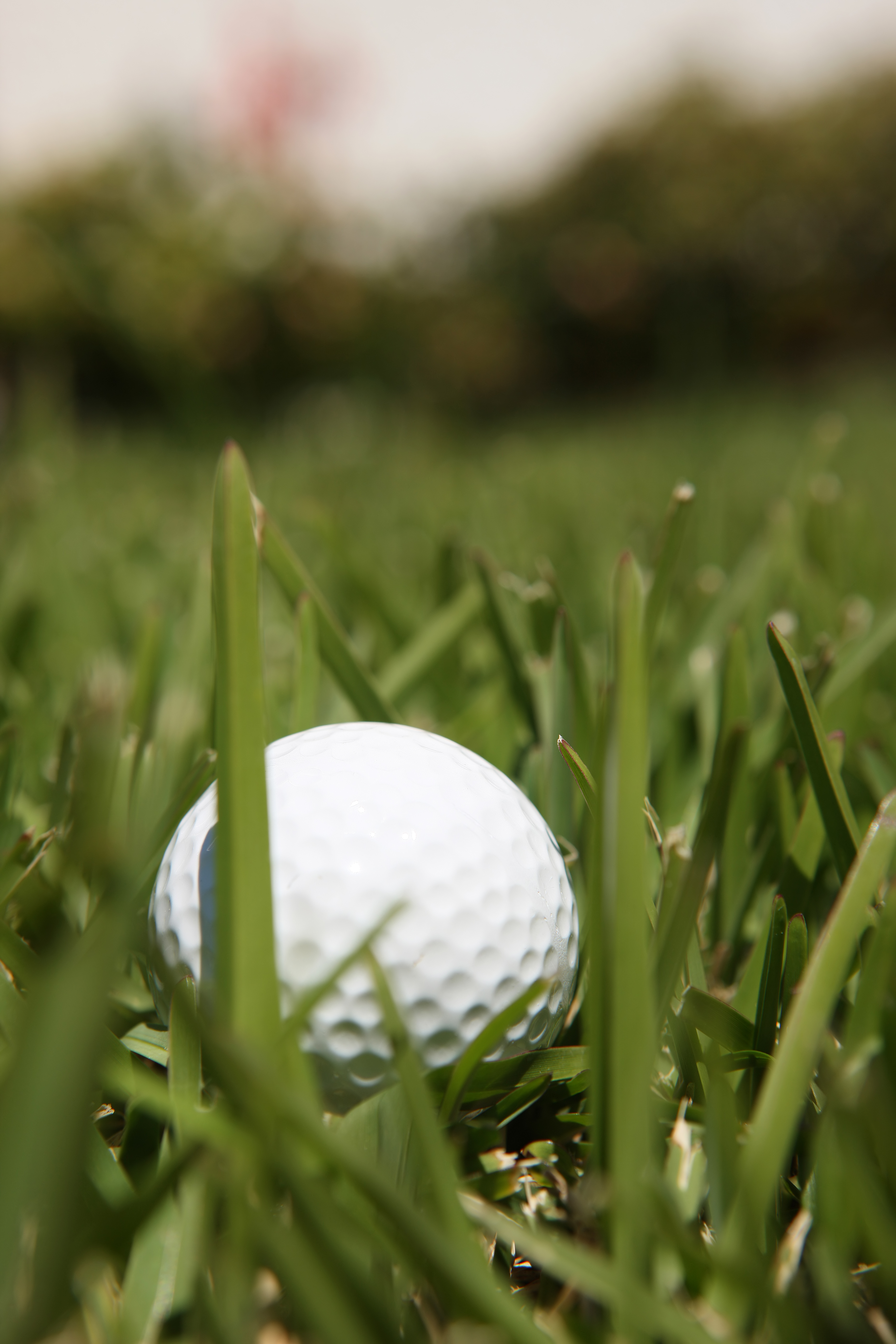The dilemma: Should I continue to play through the pain, or should I go for a joint replacement?
It's frustrating when joint pain keeps you from playing your favorite sport. Avid golfers who need total knee or hip replacement often continue playing through the pain, because they're afraid their game will change. But joint replacement doesn't mean the end of your favorite sport. In fact, many people return to an active, pain-free life after recovery.
Prepare to Get Back in the Game Quicker
If you're considering joint replacement, the best course of action is to prepare your body in advance. Make sure you're as strong as possible before hip or knee replacement surgery. Ask your orthopedist about
prehabilitation, exercises done before surgery that are designed to make your recovery easier and faster.
After surgery, you'll need time to recuperate. The amount of time varies from person-to-person, but the key to getting back on the fairway is proper recovery. With physical therapy, you'll not only return to the game pain-free, but you may even have a better swing.
Knee Replacement: Early range of motion (ROM) is crucial to getting back on your feet. Talk to your physician or physical therapist about ROM to help ease back into golfing.
Hip Replacement: Your movements will be more restricted immediately after hip replacement surgery. Look to your doctor to tell you what you can or can't do. As the restrictions are lifted, you can do ROM exercises. Working with your physical therapist, you'll also want to work on strengthening the muscles around the joint.
You should always get medically cleared by your doctor or therapist before you grab your clubs.
Tips for Returning to Golf
Start off slow: After weeks, or even months, without golfing, you may be tempted to jump right into the game and give it your all; but start off slowly. At the range, try partial swings until you feel your body can handle the motion. Practice chipping and putting before you go out on a golf course. Be aware of any pain in your hips or knees, and don't be afraid to end a game early.
Use a golf cart: You'll be eager to get back on the green, but keep in mind that your body still needs to rest. Cut back on stress, and rent a cart.
Wear spikeless shoes: Even soft spikes can create rotational stress on the hip and knee. The simplest way to avoid this is to wear spikeless shoes until you've made a full recovery.
Stretching and strengthening: Like any sport, it's important to stretch both before and after the game, but this is especially important when it comes to strengthening yourself post-surgery. Talk to your physical therapist about exercises you can do to help strengthen the muscles you use in golf, such as thighs, hamstrings and calves.
Pain management: At the end of your round, be sure to ice your hip/knee or take anti-inflammatories to avoid swelling, pain or soreness. If you're unsure you can tolerate anti-inflammatories, it's best to ask your physician. Acetaminophen is tolerated by most people who don't have liver problems.
Your love of golf isn't over because you may need joint replacement. Consider this life-altering surgery so you can stay on the course for many years to come.
Visit one of our orthopedic specialists by calling 855-UMASS-MD (855-862-7763) or
visiting our website.


